Iraq War: US Troops are Out, but Blackwater and Halliburton Will Stay
It is official: the last United States troops left Iraq on December 17, 2011. Nevertheless, the US occupation of the country is far from over. American mainstream media are trumpeting that the war in Iraq is over, but the war has become a “pacification” process. The war might be over for the Pentagon, but now the mission to control US interests in Iraq falls onto the lap of the State Department.
On December 18, I received, probably like millions of Americans, a pseudo-personal message from President Barack Obama.
“Gilbert, Early this morning the last of our troops left Iraq. As we honor and reflect on the sacrifices that millions of men and women made for this war, I wanted to make sure you heard the news. Bringing the war to a responsible end was a cause that sparked many Americans to get involved in the political process for the first time. Today’s outcome is a reminder that we all have a stake in our country’s future, and a say in the direction we choose. Thank you. Barack.”
The US, however, leaves behind in Iraq a large footprint, which is its largest embassy in the world. According to official figures, 20,000 people will work for the State Department at the embassy in Baghdad’s Green Zone and US consulates elsewhere in Iraq. Between 7,000 to 16,000 of the Americans who remain in Iraq will be private security contractors or, to call them by a more accurate name, the mercenaries of Blackwater (AKA Academi). Some Blackwater mercenaries will stay on the payroll of big oil companies to protect their assets. This new “civilian” US operation in Iraq will cost American taxpayers more than $3.5 billion a year.
Some politicians in the US Congress question the scale of this so-called diplomatic US presence in Iraq. Senator Patrick Leahy from Vermont calls the embassy “a behemoth… that costs more than US missions to key allies and trading partners.” If Blackwater will provide the muscle for this new phase of the Iraq war/pacification, Halliburton will likely keep its contract with the State Department for logistical support. Halliburton provides food, dining facilities, construction, and it delivers water and fuel.
Some are concerned about oversight on the considerable sums that will flow into the coffers of Blackwater and Halliburton. They should be concerned. For example, to get a meal in the Green Zone, visitors or State Department employees are issued coupons. According to a Lebanese journalist I spoke with recently, the coupon, which gets you a basic meal such as burger and fries, has a face value of $37.00. This astronomical amount of money gets paid by the State Department to Halliburton.
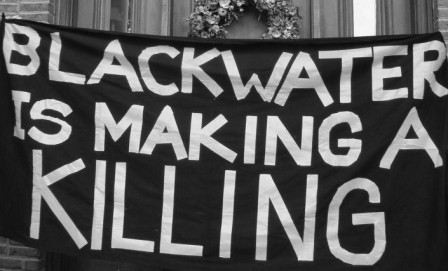 Undersecretary for management Pat Kennedy, at the State Department, puts an optimistic spin on this new phase of the US occupation.
Undersecretary for management Pat Kennedy, at the State Department, puts an optimistic spin on this new phase of the US occupation.
“The US-Iraq relationship is incredibly important. This is a democracy in the Middle-East. Is it perfect? No. A lot of people think our system is not perfect either. But this is a major oil producer, a friend of the United States, a potential market for American goods and now, I think, a very important symbol in the Middle East of what democracy in the region could be,” said Kennedy.
The cost of the Iraq war, estimated at $ 3.5 trillion so far, continues to grow for American taxpayers without any end in sight, while Blackwater and Halliburton make a killing.
Related Articles


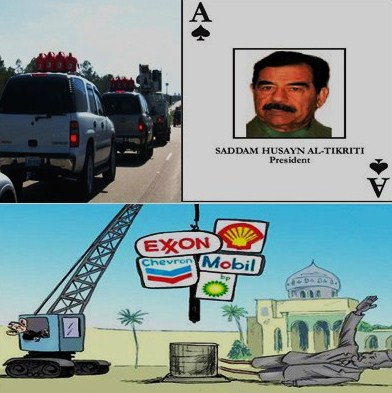
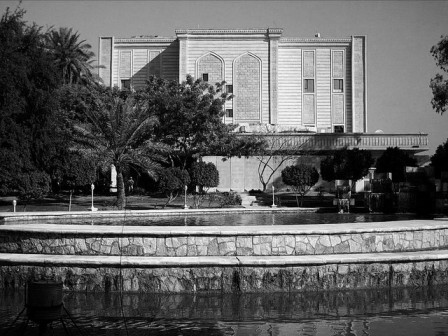
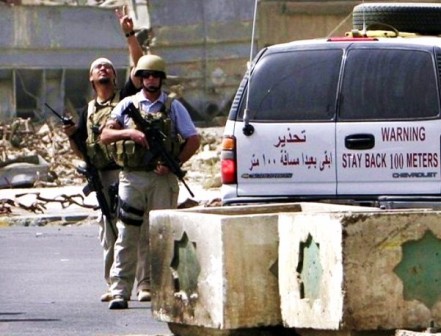


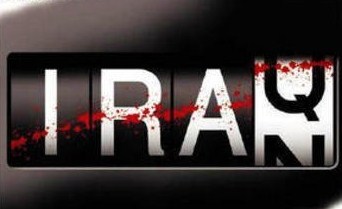











You must be logged in to post a comment Login